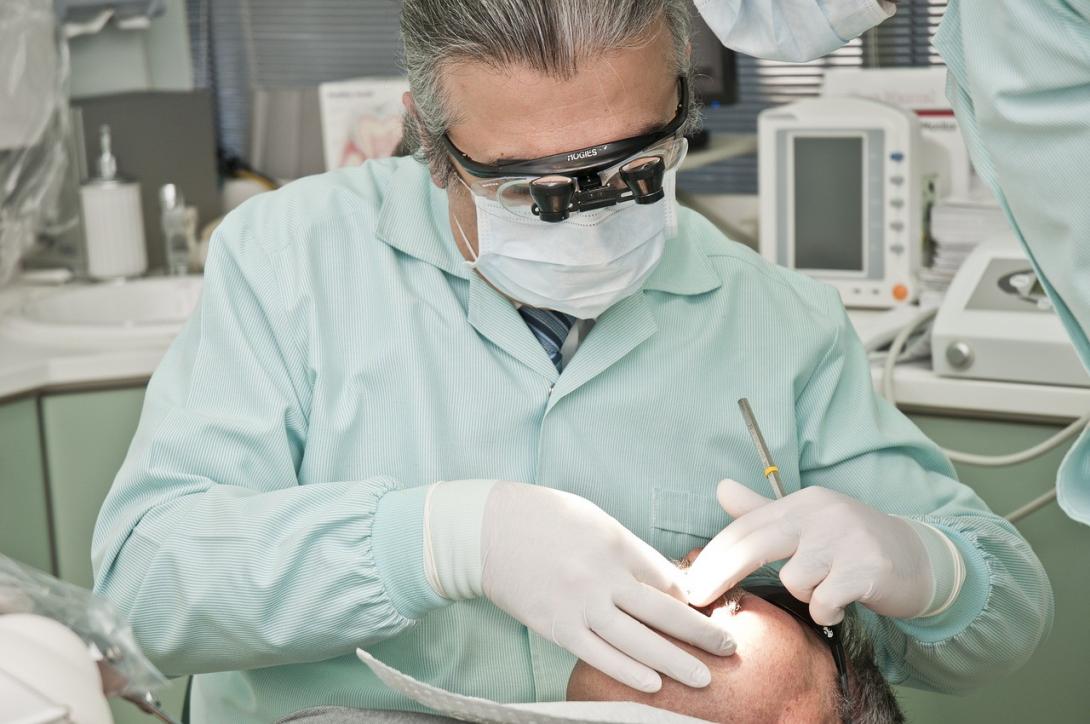
Dental patients will still be able to get toothaches treated. But patients may have to wait for deep cleanings until the coronavirus threat has passed.
The state’s trade group for dentists urged them on Sunday to limit services to urgent care to stop the virus from spreading and not squeeze the nation’s limited supply of respirator masks. The American Dental Association also backs that step.
For patients, this means going to the dentist only if you’re in pain but not in need of a routine annual cleaning, an exam or X-rays. The recommendations are not mandatory. The Centers for Disease Control and Prevention already called for dentists to delay elective procedures for patients with respiratory problems even before the outbreak but the new guidance is more restrictive.
The Oregon Dental Association said it is closely watching the fast-moving situation.
“If you have a toothache, if you think you have swelling, go,” said Barry Taylor, president of the Oregon Dental Association. “All of those are things we still want people to come into the office for.”
Dental work during the coronavirus pandemic also means that dentists and hygienists need to increase their personal protection to avoid becoming infected by using respirator masks instead of their usual medical masks. But the nation -- and Oregon -- is facing a shortage of N-95 respirators which are needed for providers treating coronavirus patients.
Dentists are already “starting to get down to limited supplies,” Taylor said.
Dental offices will probably have to close when they run out, he said, adding that the “priority is the hospitals.”
The association also recommends that dentists donate any personal protective equipment they have and won’t need in the next few weeks to hospitals.
This approach mirrors what hospitals and other clinics are doing to shift resources by delaying elective surgeries. Providers are asking patients to postpone non-urgent procedures to preserve resources and create more hospital beds for coronavirus patients. Taylor said he’s heard from some dental clinics that have shut down voluntarily, but he added that most dental offices are moving to emergency care only.
At the same time, there are drawbacks to shutting down dental offices and stopping all treatment.
Dental work stops problems before they become worse and end up burdening other parts of the health care system. For example, a person’s untreated toothache can morph into an infection and fever -- and a trip to the emergency room that drains away resources.
“We want to keep those people out of the emergency rooms,” Taylor said. “That's why we don't want the full closure."
There are more than 3,000 licensed dentists in Oregon. In a pandemic setting, they have health care training that could be put to use, such as working with patients and taking temperatures and other vitals. Taylor said the association hasn’t discussed yet what role dentists could play if other health care professionals become overwhelmed.
Chunhuei Chi, director of the Center for Global Health at Oregon State University, said the move toward limiting care to emergency needs will protect dental providers and their patients. People in both groups potentially can have the virus and spread it through the close contact of dental care, he said, adding that dentists are “high risk.”
“We don’t want our dentists and hygienists to get infected,” he said. “I would say regular dental cleanings can be postponed.”
You can reach Ben Botkin at [email protected] or via Twitter @BenBotkin1.